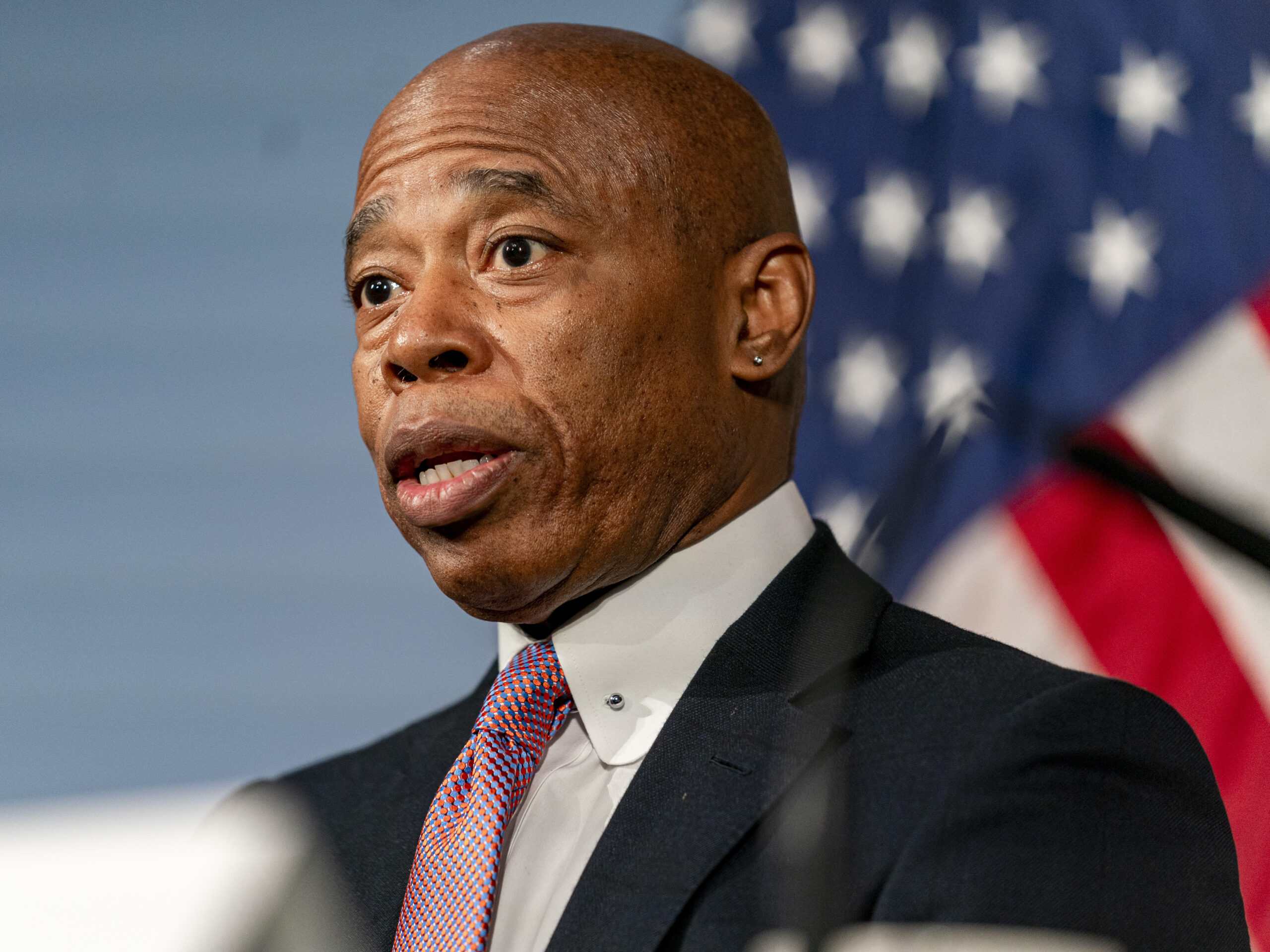Mayor Adams vetoes City Council bill on solitary confinement, sparking concerns over jail safety

Photo: Peter K. Afriyie/AP
Mayor Eric Adams vetoed a bill proposed by the City Council aimed at reforming solitary confinement practices in city jails on Friday. The veto has ignited a debate over the safety and human rights of inmates and staff in New York City’s correctional facilities.
The bill, designed to end solitary confinement beyond four hours for de-escalation or emergencies, has been a point of contention, with Mayor Adams and the Department of Correction (DOC) Commissioner Lynelle Maginley-Liddie expressing serious concerns about its implications.
They argue that the bill could compromise the safety of both inmates and correctional staff and would interfere with the restrictive housing program developed in consultation with the federal monitor overseeing the Nuñez case.